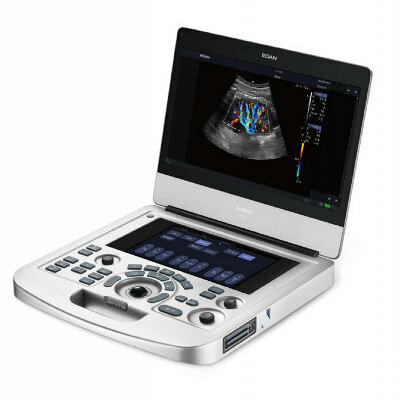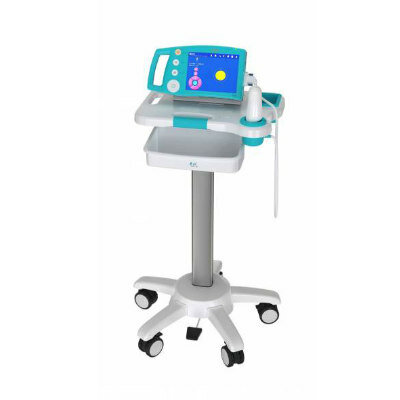Innovative MRS Study of Stuttering in Adults and Children
By Andrew Deutsch
Posted on 30 Nov 2016
Researchers in the USA have conducted an innovative study to investigate brain regions in adults and children who stutter using proton Magnetic Resonance Spectroscopy (MRS).Posted on 30 Nov 2016
The researchers confirmed, as had been shown in previous functional MRI studies, that stuttering is linked to neuro-metabolite changes in brain circuits related to speech, attention, and emotions. The results of the study were published online in the November 2016 issue of the Journal of the American Medical Association (JAMA). The unique MRS study confirmed that the development of stuttering was related to disturbances in membrane or neuronal metabolism.

Image: A magnetic resonance spectroscopy (MRS) of a child’s brain (Photo courtesy of Cincinnati Children\'s Hospital).
The researchers from the Children's Hospital Los Angeles (Los Angeles, CA, USA; CHLA) carried out proton shift brain scans of 47 children, and 47 adults, with and without stuttering and found that the brain regions affected included the Bohland speech-production network, the default-mode network, and the emotional-memory network.
Research lead, Bradley S. Peterson, MD, Director, Institute for the Developing Mind, CHLA, said, "That stuttering is related to speech and language-based brain circuits seems clear. Attention-regulating portions of the brain are related to control circuits that are important in governing behavior. People with changes here are more likely to stutter and have more severe stuttering. And emotions like anxiety and stress also tend to make stuttering worse, likely because this network interacts with language and attention control circuits."
Related Links:
Children's Hospital Los Angeles














